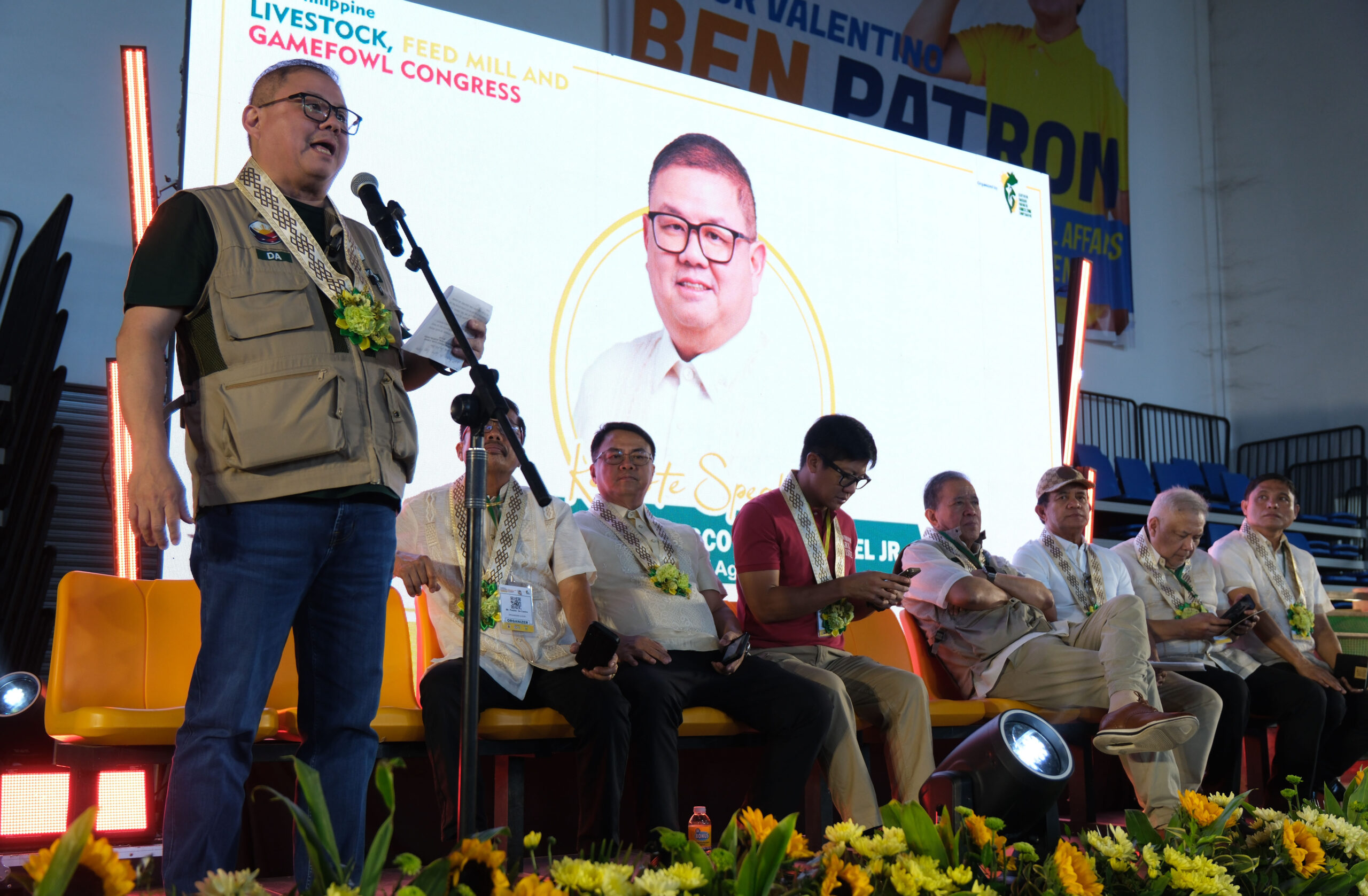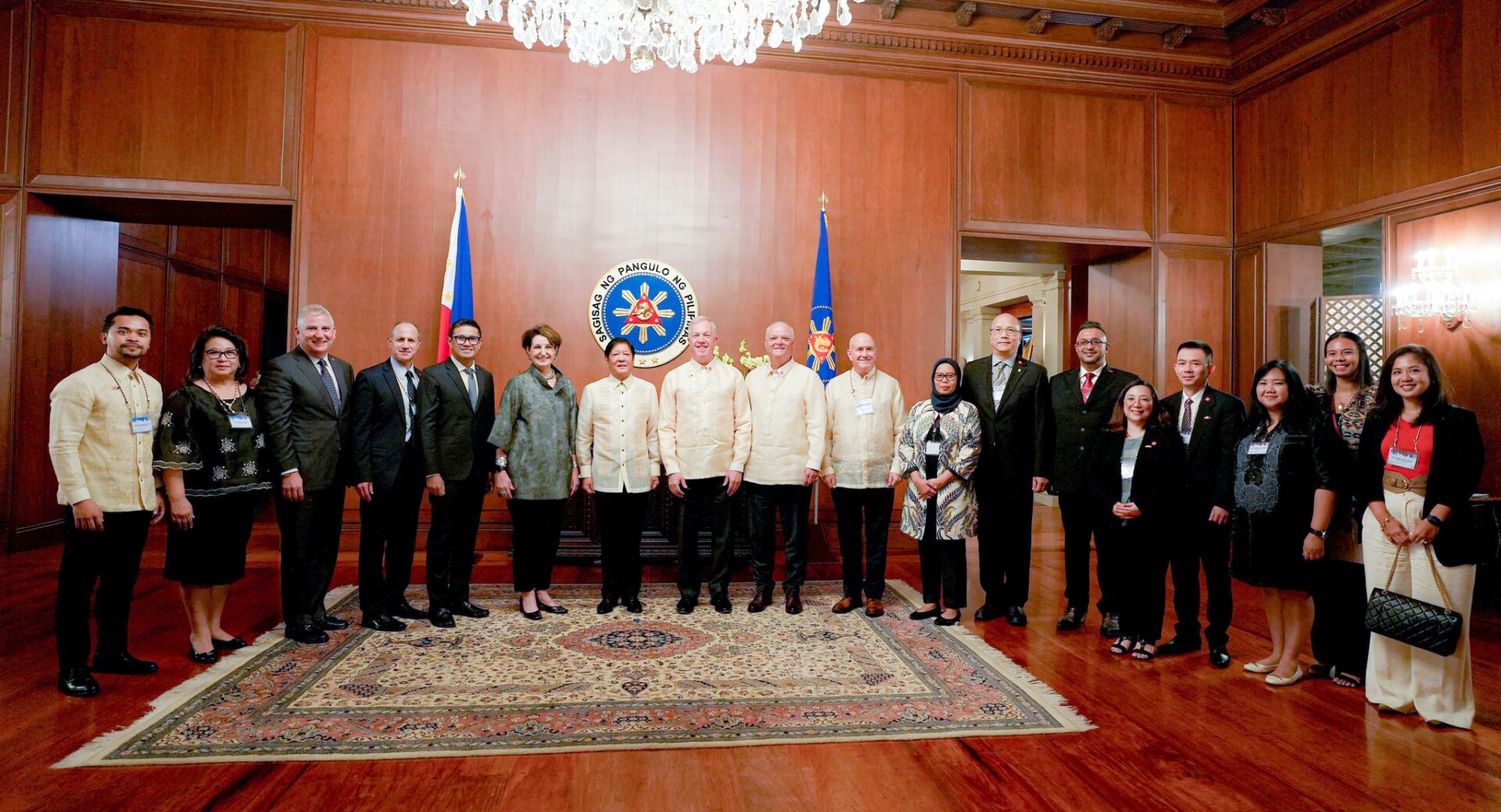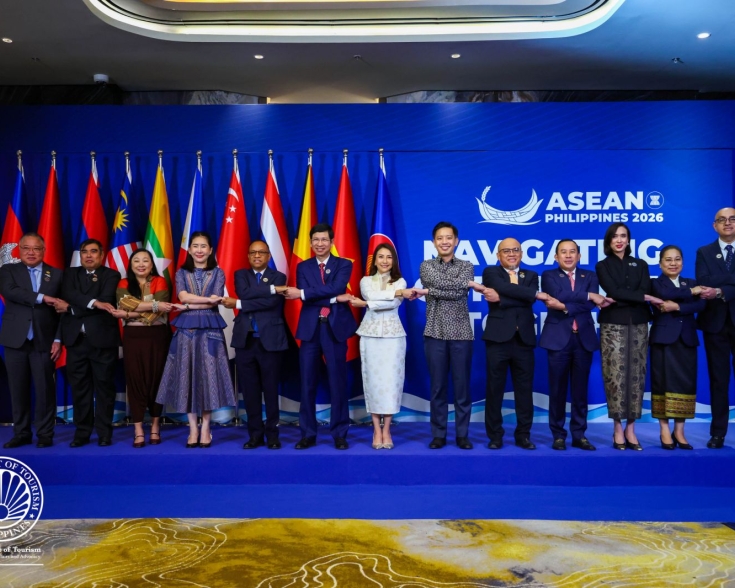Cultivating Opportunity for Resilience and Growth: Southeast Asia’s Agritech Boom

Southeast Asia is undergoing a tech-powered drive to modernize its agricultural sector, motivated by a regional focus on food security, climate resilience, and sustainable productivity growth. Governments are increasingly leveraging youth-led agri-innovation and system improvements, such as the Philippines’ encouragement of research and innovation programs such as the INSPIRE program or forays into advancements in Vietnam’s Sóc Trǎng province. Singapore’s farms, though challenged by profitability, are diversifying into ready-to-eat products and collaborative distribution strategies, supported by expanded funding under the Agri-Food Cluster Transformation Fund.
The development and adoption of newer technologies is rapid, with Vietnam adopting high-tech and climate-adaptive models such as rice-shrimp farming or circular agriculture. Drones are especially prominent, seeing Malaysia integrating AI and drones in precision farming to reduce costs and improve crop health, and the Philippines automating operations through companies such as DJI. Global technology players are also entering the field - Google’s Agriculture AI platform is being explored for crop disease detection and real-time decision support, while climate intelligence firms like Atmo bring hyperlocal, AI-powered weather forecasting tools to farmers, improving yield prediction and reducing climate-related risk. Together, these efforts signal a region-wide movement toward a smarter, more resilient, and globally competitive food system.
The rapid digitalization, especially through technologies such as AI, drones, and smart farming, creates ripe opportunity for U.S. firms to enter or expand in Southeast Asia. In particular, the region’s emphasis on production and supply resilience aligns with interests in stabilizing global supply chains, seeing strong regulatory support for cold chains, post-harvest tech, or logistics infrastructure that can quickly enhance agricultural exports and mitigate food disruption risks. Additionally, the recent focus on government-backed modernization and innovation allows U.S. companies to find eager collaboration avenues with public and private backing. In particular, U.S. firms with expertise in drone systems, data analytics, and sustainable farming inputs may be able to position themselves as key suppliers, especially given demand for high-performance tools like DJI’s drones or nutrient-efficient crop systems.








